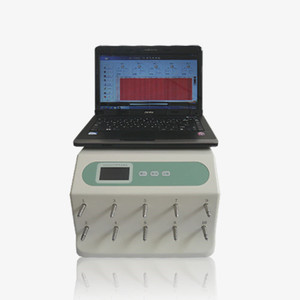
All categories
Featured selections
Trade Assurance
Buyer Central
Help Center
Get the app
Become a supplier

(34 products available)












































H. pylori (Helicobacter pylori) is a unique bacterium that resides in the stomach lining. It is known for its rod-shaped structure and is primarily linked to various gastrointestinal disorders, including peptic ulcers and chronic gastritis. Discovered in the early 1980s, H. pylori has since been a focal point in medical research due to its ability to thrive in the harsh acidic environment of the stomach.
The presence of H. pylori can lead to significant health issues, making its detection and treatment vital. Understanding this bacterium's characteristics, symptoms, and effective controlling measures is essential for promoting digestive health.
Some notable types and variants of H. pylori include:
Each type of H. pylori has its unique pathogenic mechanisms, affecting how they interact with the host's immune response and other therapeutic environments.
Testing for H. pylori is vital in diagnosing various medical conditions, including:
Treatment typically involves a combination of antibiotics and proton pump inhibitors to eradicate the bacterium and promote healing.
Understanding the features and benefits of addressing H. pylori infections is crucial for overall health:
By proactively addressing H. pylori infections, individuals can take significant steps toward maintaining gut health and overall well-being.